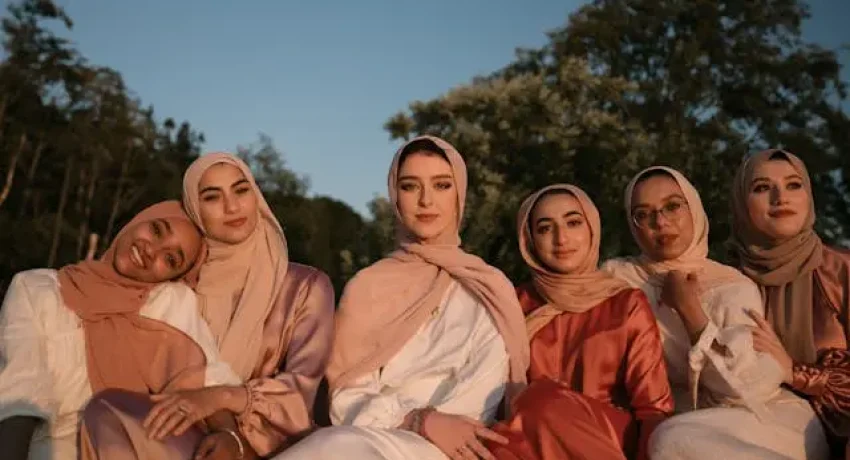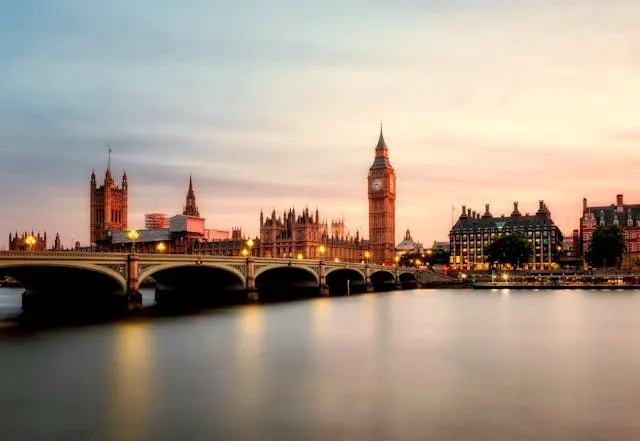EID MUBARAK: A CELEBRATION OF FAITH AND GRATITUDE
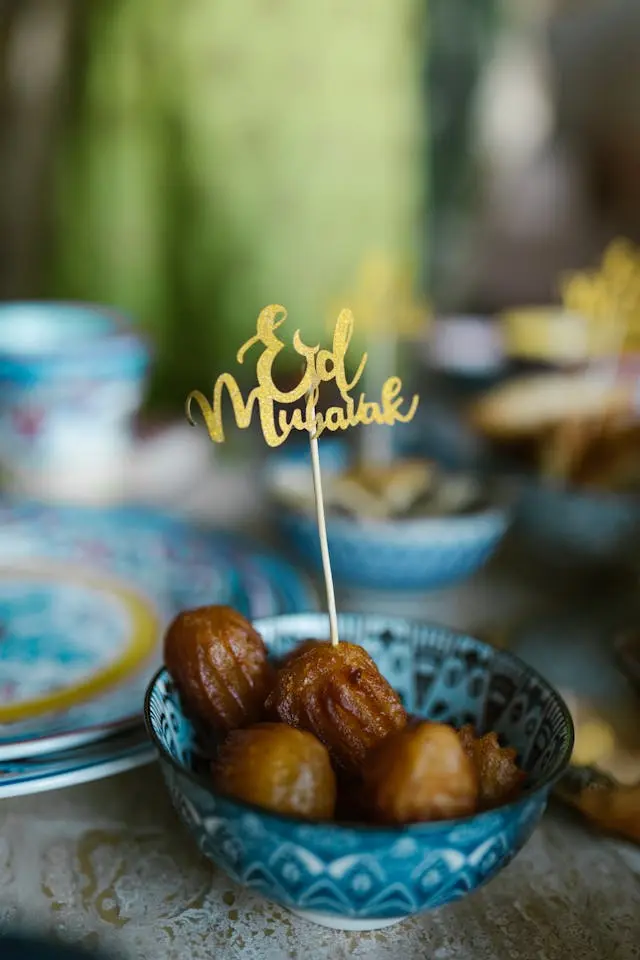
Eid Mubarak: A Celebration of Gratitude, Spirituality, and Unity After Ramadan
Eid Mubarak, the festive celebration marking the end of the Muslim holy month of Ramadan, is a time of immense joy, gratitude, and reflection. While Ramadan is a period of fasting, spiritual cleansing, and self-discipline, Eid represents a culmination of these efforts—an opportunity to give thanks to Allah for His mercy, forgiveness, and the strength to complete the fast. For Muslims around the world, Eid is not only a time of feasting and joy but also an occasion for deep spiritual reflection and community unity. This article explores the significance of Eid Mubarak, its benefits, and its role in the life of a Muslim, with insights from Islamic scholars like Zakir Naik and Molvi Asrar.
The Spiritual Significance of Eid Mubarak
Eid al-Fitr, or “Eid Mubarak,” marks the end of Ramadan, the month of fasting and spiritual reflection. During Ramadan, Muslims fast from dawn till dusk, refraining from food, drink, and worldly pleasures to achieve self-purification and spiritual renewal. Eid, therefore, is a reward for this month of devotion and worship. It is a time to celebrate the strength gained through self-restraint and to thank Allah for His blessings and forgiveness.
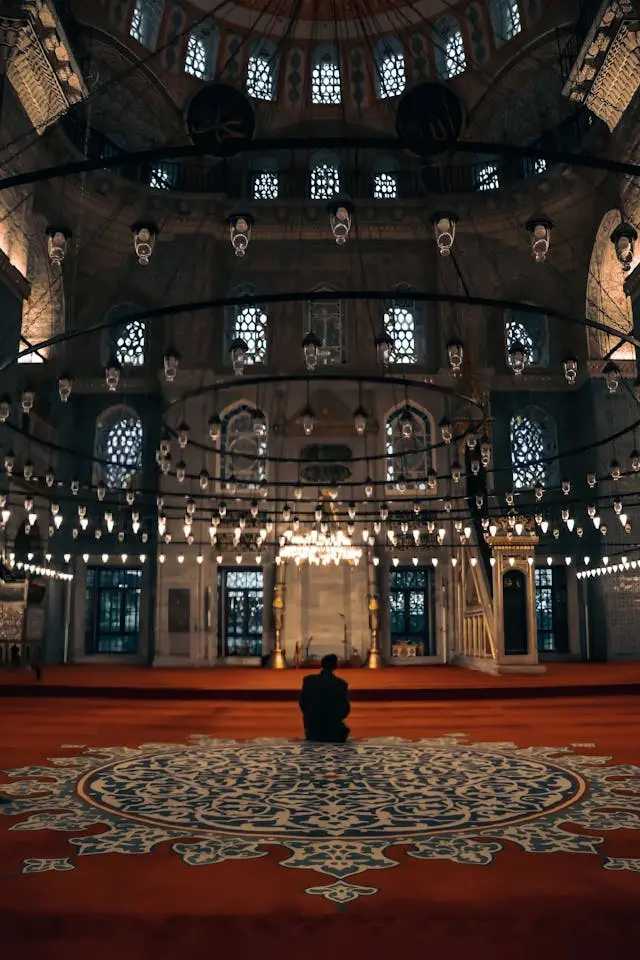
Zakir Naik, a renowned Islamic scholar, emphasizes that the spiritual significance of Eid lies in the opportunity to reflect on the lessons learned during Ramadan. According to Naik, Eid serves as a reward for the efforts put forth in Ramadan. After a month of fasting, Muslims are encouraged to express gratitude to Allah for the strength to endure the fast and for the spiritual benefits gained during the holy month. Eid is also a time to seek forgiveness from Allah and to purify one’s heart by making amends and showing compassion toward others.
Zakih Naik further highlights that Eid is not just about the outward celebration of food and festivities; it is a time for deep spiritual reflection. He mentions that after Ramadan, a Muslim is spiritually renewed, and Eid serves as an opportunity to celebrate this renewal. It marks the achievement of a spiritually rejuvenated heart, and believers are reminded to continue their acts of worship, charity, and good deeds beyond Ramadan.
The Physical and Social Benefits of Eid
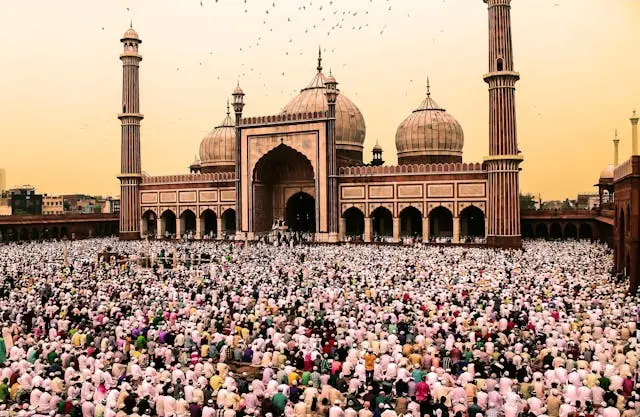
Eid Mubarak brings with it not only spiritual benefits but also physical and social benefits. After a month of fasting, which involves self-restraint from food and drink, Eid provides an opportunity to indulge in the joy of feasting and to replenish one’s energy. The Eid meal is a time to celebrate with family and friends, strengthening the bonds of affection and creating memories. However, the benefits of Eid go beyond just food.
Socially, Eid acts as a day of unity for the Muslim community. Zakir Naik points out that Eid is an occasion for Muslims to come together in celebration. Regardless of differences in ethnicity, culture, or background, the Muslim community globally unites to celebrate Eid. Muslims from all walks of life share in the joy of the occasion, and this unity reinforces the sense of brotherhood and solidarity among the ummah (global Muslim community).
Moreover, Eid plays a critical role in promoting charity and compassion. A central feature of Eid is the giving of Zakat al-Fitr (charitable donations), which is an obligation for every Muslim before the Eid prayers. Zakir Naik emphasizes that Eid encourages acts of charity and compassion, as Muslims are required to give Zakat to those in need. This practice reinforces the importance of helping others and creating a society based on mutual care and empathy.
Eid also provides an opportunity for Muslims to reconnect with family and friends. The sense of community and camaraderie that emerges on Eid is significant, as it allows Muslims to strengthen familial ties, share in the blessings of the day, and enjoy the support of a caring community.
What Molvi Asrar Says About Eid
Molvi Asrar, a respected Islamic scholar, offers profound insights into the significance of Eid Mubarak. He highlights that Eid is not just a celebration of the completion of Ramadan but also a time to renew one’s spiritual commitment to Allah. According to Molvi Asrar, Eid serves as a reminder that the real purpose of Ramadan is to purify the soul and to become more conscious of one’s duty toward Allah and humanity. After a month of fasting and worship, Eid is a time to express gratitude for the spiritual progress made and to continue on the path of righteousness.
Molvi Asrar emphasizes that Eid should not be seen simply as a day of physical enjoyment but as an opportunity to strengthen one’s spiritual connection with Allah. He advocates for using Eid as a reminder of the importance of maintaining the discipline and reflection developed during Ramadan. Molvi Asrar reminds Muslims that although Eid marks the end of Ramadan, it should not signal a return to previous habits of negligence. Instead, it is a chance to carry forward the habits of worship, prayer, and compassion developed during the holy month into the rest of the year.
Furthermore, Molvi Asrar encourages Muslims to use Eid as a time to reconcile with others and seek peace in their relationships. Eid, he argues, is an occasion to forgive past grievances, rebuild relationships, and promote unity within the family and community. The spirit of forgiveness and reconciliation is an essential aspect of Eid, and Molvi Asrar emphasizes that this should extend beyond the immediate family to the wider community.
Eid as a Celebration of Gratitude
One of the key themes of Eid Mubarak is gratitude. After the intense month of fasting and spiritual cleansing, Muslims are encouraged to express their gratitude for the blessings they have in their lives. This includes being thankful for the basic necessities of life, such as food, health, and shelter, which are often taken for granted. Zakir Naik notes that the fast during Ramadan teaches Muslims to appreciate the blessings of Allah, and Eid is an occasion to show that appreciation through acts of worship, charity, and celebration.
Gratitude on Eid is not limited to thanking Allah for His blessings but also extends to showing gratitude to others. Eid is a time to show appreciation for family, friends, and the community, and it encourages Muslims to make amends, offer forgiveness, and seek peace. Zakir Naik often reminds his audience that Eid is not just about individual celebration, but about collective joy, where Muslims share their blessings with those in need.
Eid as a Time for Reconciliation and Forgiveness
Another profound aspect of Eid is its role in reconciliation and forgiveness. Molvi Asrar underscores that Eid is a day to mend broken relationships and to forgive others for their wrongdoings. The month of Ramadan has already instilled in Muslims the value of patience, tolerance, and self-restraint, and Eid provides an opportunity to translate these qualities into real-life actions, particularly in personal relationships.
Molvi Asrar urges Muslims to embrace the true spirit of Eid by forgiving past grievances and making peace with others. This act of forgiveness is not only a virtue in Islam but also a means of spiritual healing and growth. By letting go of resentment and anger, Muslims can experience a deeper sense of peace and contentment, not just on Eid but throughout the year.
Conclusion
Eid Mubarak, the celebration that follows the holy month of Ramadan, is a time of immense spiritual significance, physical renewal, and social unity. As an occasion of gratitude, forgiveness, and charity, Eid allows Muslims to reflect on the lessons learned during Ramadan and to celebrate the blessings of life. Scholars like Zakir Naik and Molvi Asrar emphasize that Eid is not just about festive food and enjoyment but also about continuing the path of self-purification, worship, and community-building.
For Zakir Naik, Eid represents a continuation of the spiritual progress made during Ramadan, a time for Muslims to reflect on their achievements and renew their commitment to Allah. For Molvi Asrar, Eid is a time to promote unity, reconcile broken relationships, and spread peace and goodwill. Whether through acts of charity, expressions of gratitude, or fostering unity within the community, Eid Mubarak serves as a reminder of the importance of spiritual and social harmony.
As Muslims around the world celebrate Eid, they are reminded to carry forward the values of discipline, compassion, and devotion that Ramadan instilled in them. Eid is not just a celebration of the end of fasting; it is a celebration of the continuous journey of faith, compassion, and unity that every Muslim is called to walk.

